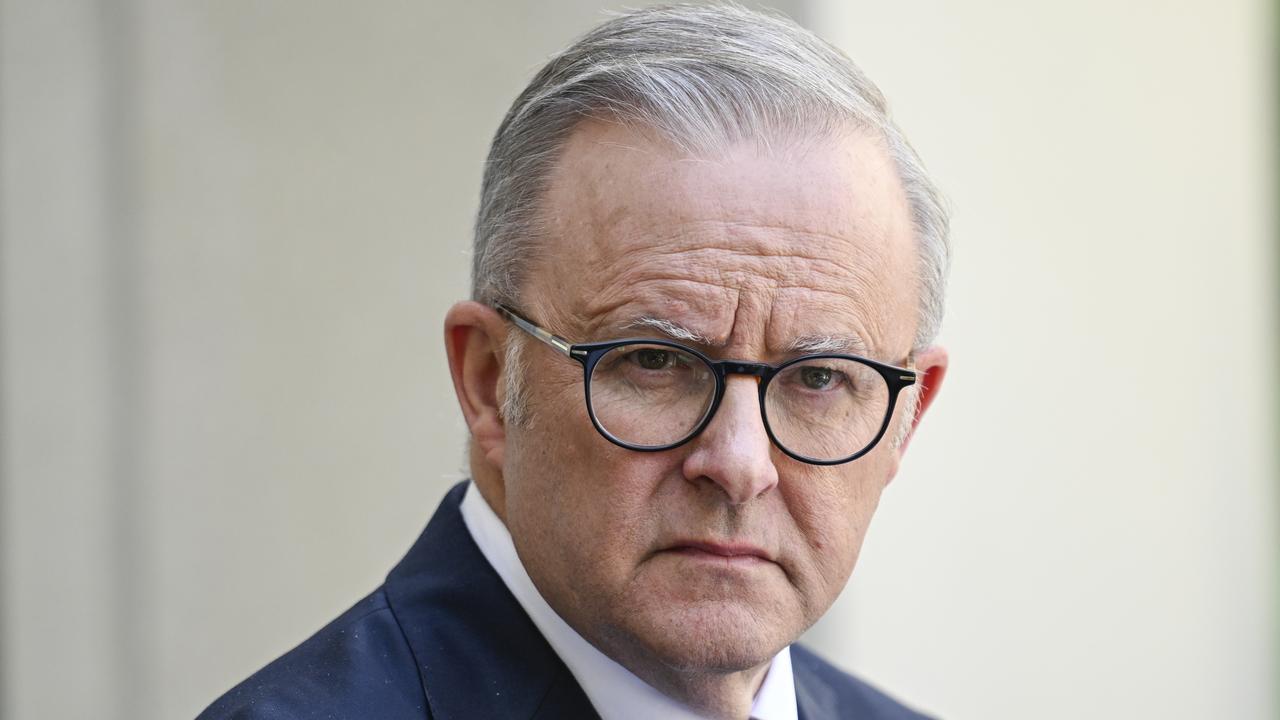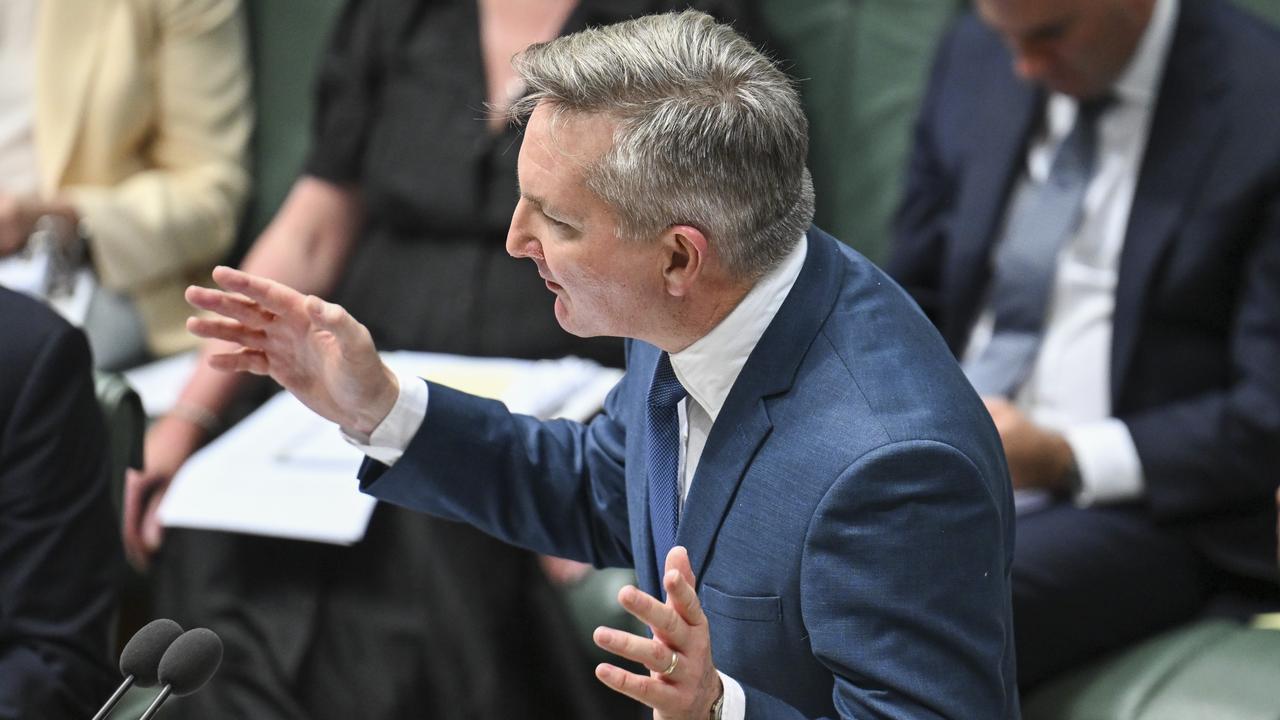Tom Minear: Why no quarantine can keep us totally safe
Breaches in our hotel quarantine program this summer may have highlighted new problems, but as coronavirus mutates, so too must the system.
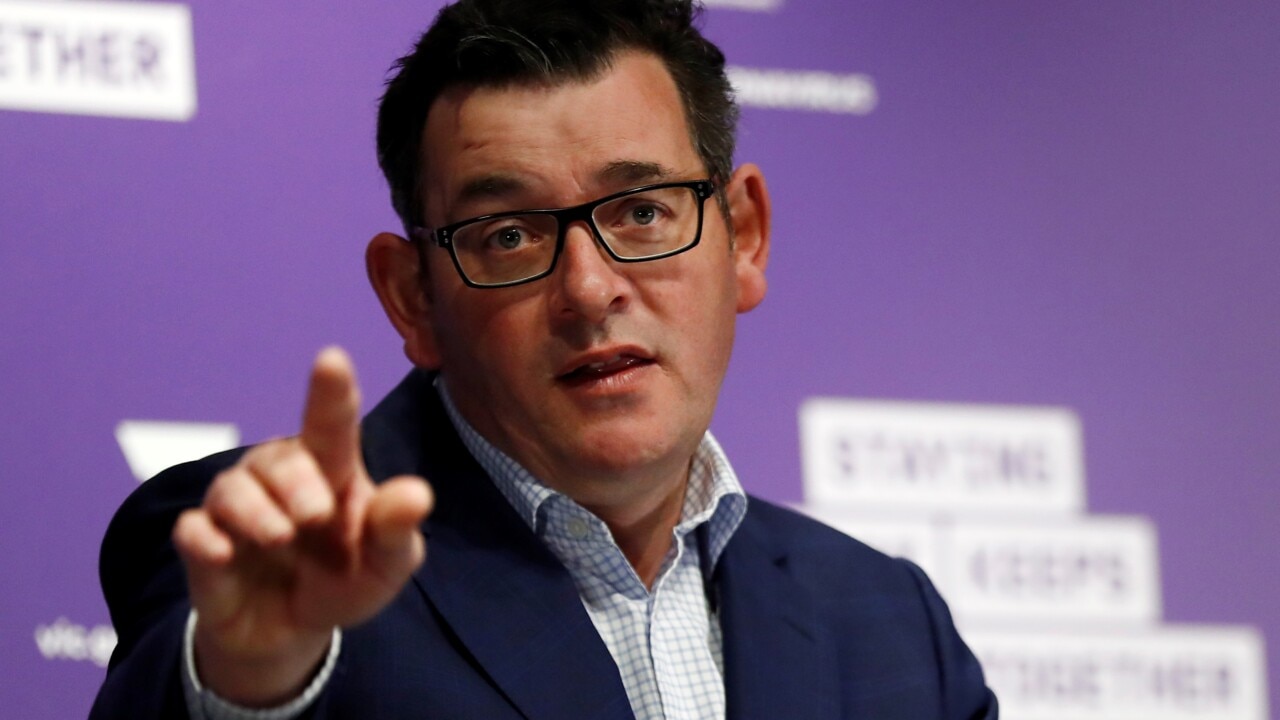
Opinion
Don't miss out on the headlines from Opinion. Followed categories will be added to My News.
Hotel quarantine has been Australia’s best defence against COVID-19, but it does not guarantee complete protection. No quarantine system can.
This summer, as breaches have occurred across the country, politicians and health experts have furiously debated how to improve the isolation of overseas arrivals.
As the virus mutates, so too must quarantine. The difficulty with this debate, however, is the constant search for improvement creates the impression perfection is possible.
Of course, governments should be relentless in trying to create a foolproof system. But quarantine relies on people, and people make mistakes. It is also trying to contain a virus that exposes the smallest weaknesses. Risks cannot be completely eliminated, only managed and suppressed.
When a quarantine worker catches COVID-19, testing and tracing should kick in to prevent an outbreak. There’s no need for people to panic.
That’s what Daniel Andrews said last week at a 10.30pm press conference to reveal a new case, as well as tougher rules on masks and gatherings. It was a relatively proportionate response — compared to lockdowns elsewhere — given new coronavirus strains are more transmissible.
The problem was most Victorians were asleep at the time. As politicians (should have) learned at the start of the pandemic, late-night announcements of new cases and restrictions create panic, especially after the trauma caused by Melbourne’s quarantine disaster.
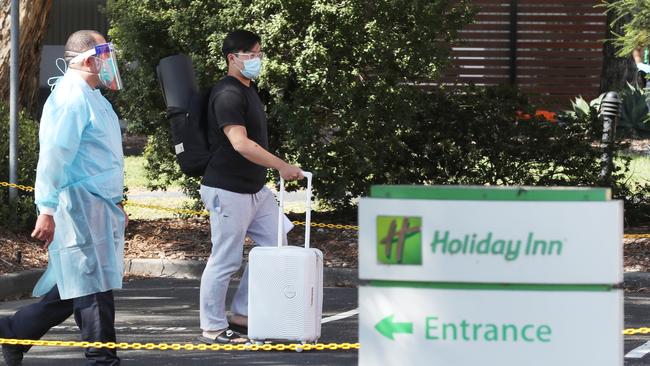
Now, with more quarantine cases leaking out, Melburnians seem on edge. You only have to look at the underwhelming crowds at the Australian Open — and the criticism of the government for allowing it to be played — to understand the city’s mood.
To recover from the pandemic, we need governments to improve quarantine, vaccinate the population and provide economic support. But we also need to overcome our fear and recapture our spirit, and that requires a fundamental change in how we assess the COVID-19 risk.
Last Friday, Scott Morrison kickstarted that conversation, promising a review of the changing risk environment. His essential point, which should be repeated over and over, was the vaccine would stop people dying from COVID-19, meaning it could be treated more like other viruses.
“We don’t stand up every day and talk about the number of cases of any other virus,” the PM said.
The review will offer practical advice on when lockdowns and border closures are no longer necessary, and how restrictions can be eased.
If history is any guide, Morrison will be lucky to get the states on the same page. Even if he does, this will be in vain without a rhetorical shift from state and federal leaders.
They have reaped the political benefits of acting as strong leaders in this crisis. In turn, they have wrapped voters in cotton wool, making them unwilling to accept risks and ignorant of our success compared to the rest of the world.
New cases will emerge, especially once the vaccine allows the country to open up. It must be explained that this is a sign of progress, not failure, as long as basic protective systems are maintained.
This leads us back to hotel quarantine, which has helped more than 211,000 people return home while largely keeping the virus out of the community, barring Melbourne’s breakdown last year.
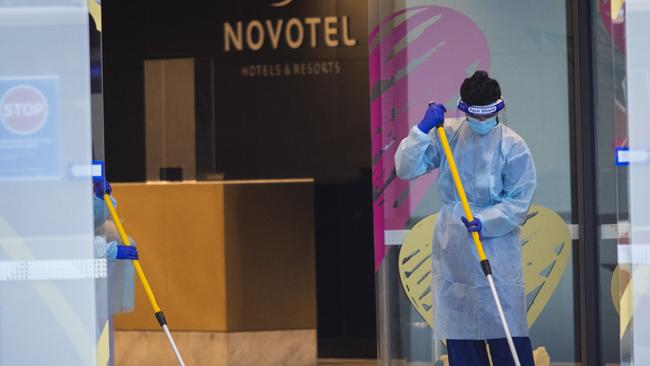
While breaches this summer have highlighted new problems to be solved, the system itself is sound. Not that you would know listening to Anthony Albanese, as he and the Labor premiers have ramped up the pressure on Morrison, arguing quarantine is a federal responsibility and too much is left to the states.
Albanese wants Morrison to heed the advice of top bureaucrat Jane Halton and shift quarantine to commonwealth-run regional facilities, saying it is “common sense” to “quarantine people away from large populations”.
Except that it is not what Halton recommended. She encouraged consideration of “a national facility in reserve to facilitate large-scale evacuations”. Morrison, in turn, expanded the capacity of Howard Springs in the NT.
Albanese’s suggestion is useful for the next pandemic, and should be actively investigated. But it is too late now — CBD hotels are closer to airports and hospitals, and the required workforce.
Certainly, it has served Morrison politically to avoid responsibility for the front line of our coronavirus defence. That said, hotel quarantine has also served Australia well, and the most important thing Morrison can do now is vaccinate its staff as quickly as possible.
Meanwhile, the politicised debate has heightened the anxiety of voters, and left Halton’s sensible ideas in the too-hard basket.
She also said continuing with Australia’s “one-size-fits-all model” would “unnecessarily restrict system capacity” and recommended shorter isolation periods and home quarantine for some arrivals, based on a risk assessment of where they came from.
Her report was finished before it was clear there would be successful vaccines. Now the rollout is about to start, Halton’s proposal makes even more sense, and it would finally create space for more Australians to come home.
Ultimately, it is a question of risk. But as long as that’s treated as a dirty word, we won’t reap the rewards.
Tom Minear is Herald Sun national politics editor
More Coverage
Originally published as Tom Minear: Why no quarantine can keep us totally safe




